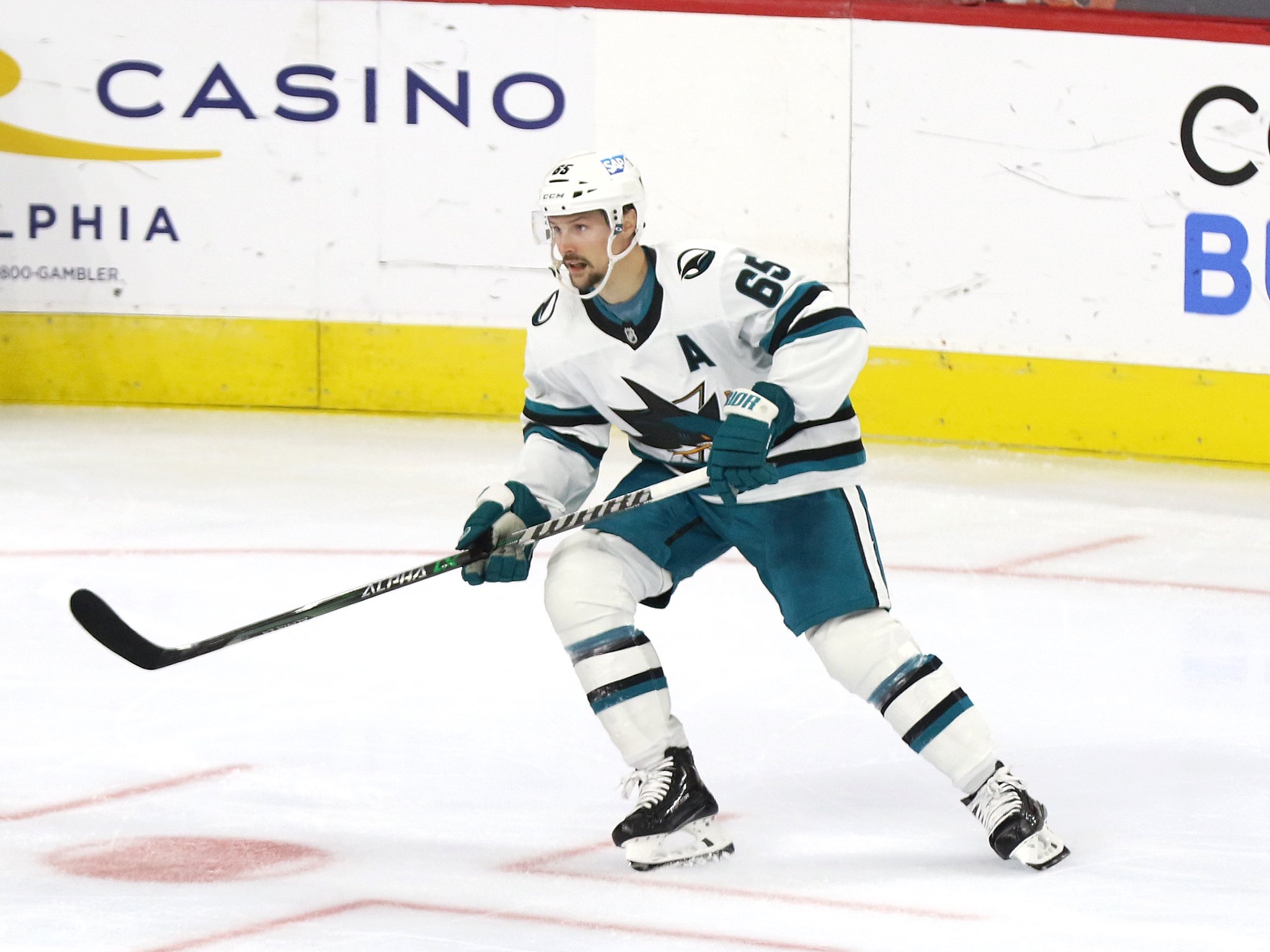The Toronto Maple Leafs and St. Louis Blues pulled off a huge trade on Friday, one that involved two pending UFAs and four draft picks (among other pieces). A bit lost in the shuffle of the conversation are the Minnesota Wild who acquired a conditional fourth-round pick to act as a middleman in Leafs and Blues trade to get it done.
That was the cost the Maple Leafs paid so that the Wild would retain 50% of the remaining salary on Ryan O’Reilly after the Blues had also retained 50%. It was a nice little haul for the Wild who add $1.875 million to this season’s cap, but only a minuscule amount in actual dollars.
This Was Worth it for the Wild
In Bill Guerin’s situation, he’s got cap space to use this season and his team in Minnesota is struggling. The Wild could make the playoffs but it’s looking less and less like the team will be buying heading into the trade deadline, so picking up a fourth-round draft choice to eat a bit of cap space and take on very little real money to do so was a smart decision. Other teams will look at the cost the Maple Leafs paid and know that the market on brokering third-party deals might be set.
It’s not an exact science, but teams use comparables like this to decide what they’ll ask for in a trade where they have to account for a certain cap hit and a certain dollar amount. Teams like Anaheim, Chicago, Arizona, Buffalo, and Detroit were certainly paying close attention to Friday’s blockbuster.
Could the Oilers Find a Team to Do This with a Karlsson Trade?
When it comes to the Oilers and the San Jose Sharks, there’s a scenario where the Oilers might need to get a third team involved in any potential trade for Erik Karlsson. Should the Sharks not want to retain as much as 40% of Karlsson’s salary, Edmonton would likely need a third team to come in and retain to lower Karlsson’s cap hit.
That said, there’s a big difference though between what the Wild did and what Edmonton would be asking a third team to do in a Karlsson trade.
When a Twitter user wrote, “With Minnesota retaining money in the Toronto/St Louis deal, you wonder if San Jose & Edmonton are searching for a third team to retain on a potential Karlsson deal.” That sounds simple on the surface, but it isn’t. The reason, as TSN 1260’s Jason Gregor points out, “Minnesota is paying a measly $74K in real dollars to retain 25% of O’Reilly’s remaining salary. They got a 4th to do that. If a team retained 25% of Karlsson it would be $9.88m in actual dollars over the rest of the term.”

In other words, the Wild were willing to do this because the team wasn’t responsible for paying out that much money in real dollars. It was less than $75K. Any team that retains 25% of Karlsson’s contract — which includes over $39 million in real money paid to the player over the course of the next four seasons — would be on the hook for some hefty expenses with no player to show for it. 25% of that money is just under $10 million.
What is the Cost of Retaining That?
There are two factors at play here. First, no team has ever retained that kind of money on a player with that kind of contract and that kind of term in the NHL before. There’s no market set for this. Whoever does it will be the first team to do so and essentially set the market. Second, it’s going to cost the Oilers a whole lot more than a fourth-round pick.
If the Wild got a fourth for $75K in real dollars and part of one season of a cap hit at $1.875 million, what do four seasons at just under $10 million in real dollars and a $2.875 million cap hit for four years equate to? One could easily argue that’s a first-round pick or more.
That means the Oilers would not only have to give the Sharks a first-rounder plus whatever they are asking for to acquire Karlsson, but a third team a hefty price to get involved and make the money work. This was already a trade most insiders thought was next to impossible to pull off. The Maple Leafs deal with the Blues might have proved it.